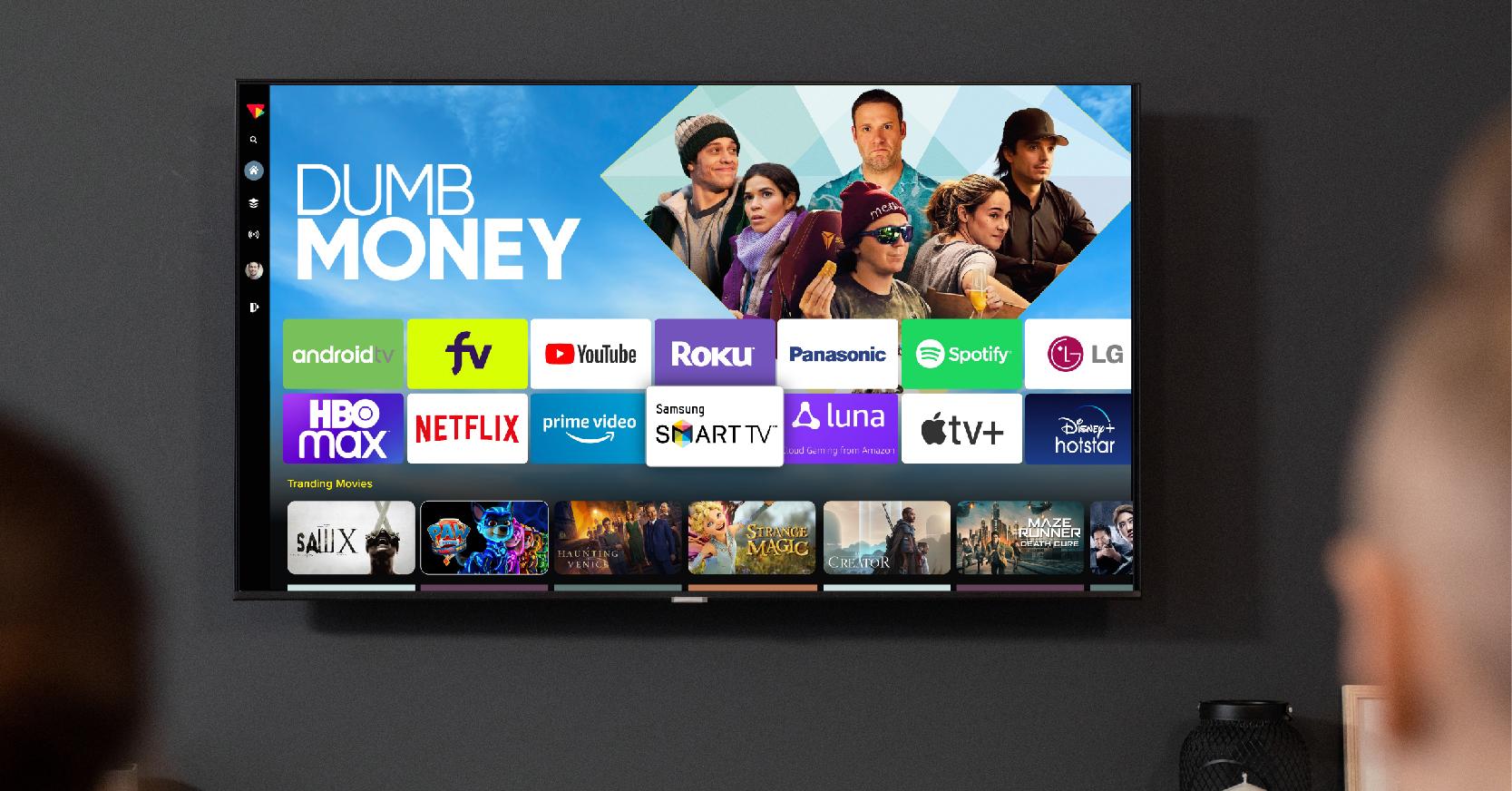How Apollo Group Tv can Save You Time, Stress, and Money.
How Apollo Group Tv can Save You Time, Stress, and Money.
Blog Article
Not known Facts About Apollo Group Tv
Table of ContentsSome Known Incorrect Statements About Apollo Group Tv The Facts About Apollo Group Tv UncoveredThings about Apollo Group TvA Biased View of Apollo Group Tv
In this situation, instead than having three-minute business places during a 30-minute television program, TV programs may transform to one where a consumer will be called for to have a regular monthly membership, to ensure that they cen view targeted banner advertisements. This sort of advertising and marketing already occurs on the net, and the quantity of information television business gather permits them to do a lot the exact same.Define the significant fads amongst the broadcasting and cable networks. Popular radio shows such as cops drama Dragnet and western cowboy collection Gunsmoke were adjusted for television, and new TV programs were sponsored by solitary marketers, just as radio shows had actually been.
Today, the television market is much more intricate. Programs are sponsored by numerous marketers; programming is controlled by significant media conglomerates; and the 3 significant networks no more control the airwaves however rather share their audiences with many cable television networks. Numerous variables account for these trends within the market, consisting of technological growths, government guidelines, and the creation of brand-new networks.

How Apollo Group Tv can Save You Time, Stress, and Money.
Established in 1969, (PBS) developed out of a record by the Carnegie Compensation on Educational Television, which checked out the duty of instructional, noncommercial television on society. Public tv was additionally intended to provide global access to television for audiences in country areas or visitors who can not pay for to pay for private tv solutions.
The duration in between 1950 and 1970 is traditionally acknowledged as the. Other than a little portion of airtime managed by public tv, the three major networks (understood as the Big 3) controlled the television market, jointly representing greater than 95 percent of prime-time viewing. In 1986, Rupert Murdoch, the head of international business News Corp, released the Fox network, testing the prominence of the Big 3.
Targeting young and minority audiences with shows such as Buffy the Vampire Killer, Moesha, Dawson's Creek, and The Wayans Bros., the new networks wanted to attract terminals away from their old network associations. However, as opposed to repeating the success of Fox, UPN and WB struggled to make an influence. Unable to bring in numerous affiliate terminals, both new networks reached fewer homes than their larger competitors due to the fact that they were unobtainable in some smaller cities.
This decision led the way for the development of cable television film networks, adding to the rapid growth of cable television in the 1980s and 1990s. apollo group tv app. Further deregulation of cable television in the 1984 Wire Communications Plan Act eliminated limitations on cable rates, making it possible for drivers to charge what they desired for wire services as long as there worked competitors to the service (a standard that over 90 percent of all cable markets might fulfill)
The Basic Principles Of Apollo Group Tv

Having actually developed the very first "superstation," Turner expanded his world by starting 24-hour information network CNN in 1980. At the end of the year, 28 nationwide programs solutions were available, and the cable transformation had begun. Over the next years, the market went through a period of fast growth and appeal, and by 1994 visitors can select from 94 fundamental and 20 costs cord services.
Figure 9 - https://apollogrouptv9.godaddysites.com/f/apollo-group-tv-revolutionizing-your-streaming-experience.16 Enhanced competition from cable networks has created a steady decline in the networks' target market ratings. Throughout the 1950s, the expense of generating a solitary tv show raised as shows came to be longer and production expenses rose. Sponsorship on network tv changed from solitary sponsorship, in which a program was entirely sustained and produced by one advertiser, to multiple sponsorship, in which marketers acquired 1- or 2-minute places on the show
Select one of the Big Four networks and publish out its once a week shows schedule. See the network's prime-time programs over the training course of a week, keeping in mind the target demographic for each program.
Excitement About Apollo Group Tv

Linear television, commonly referred to as traditional broadcast television, incorporates wire and satellite tv. It's called "direct" since web content follows a fixed shows routine, unlike on-demand material which the specific visitor chooses to enjoy based upon their own preferences and routine. So, when you ask, "What is direct television?", think about it as the traditional means of seeing TV that has actually been around for years.
Report this page